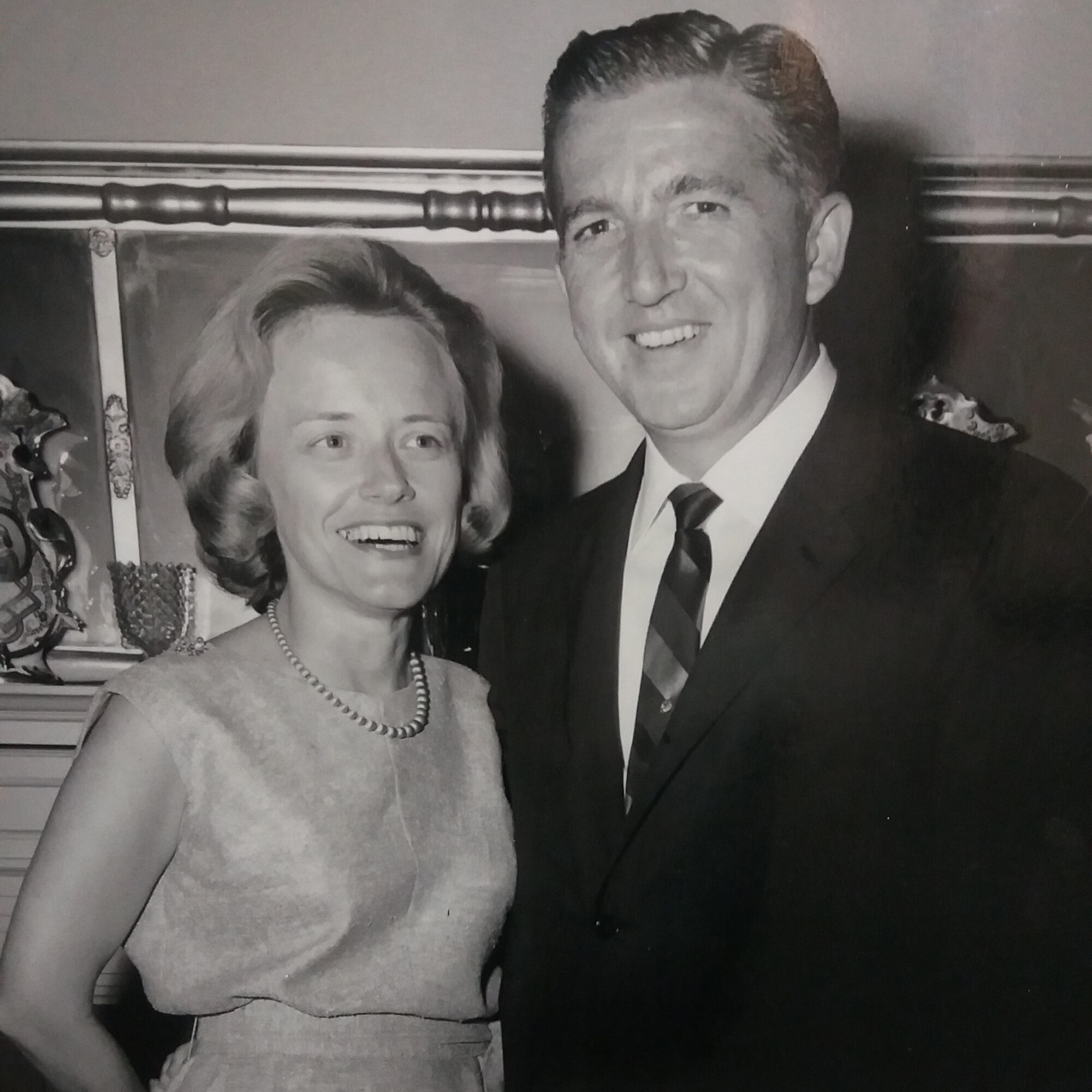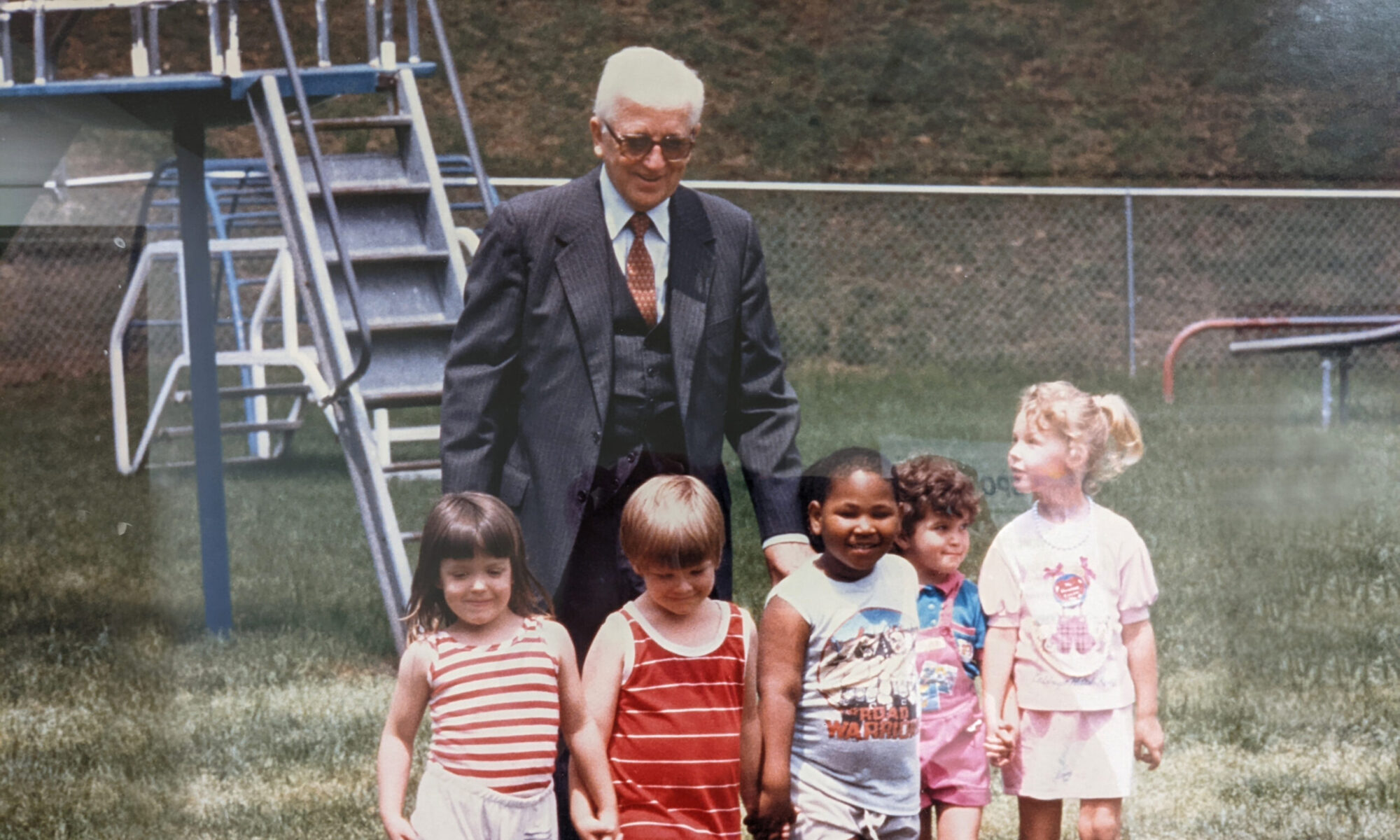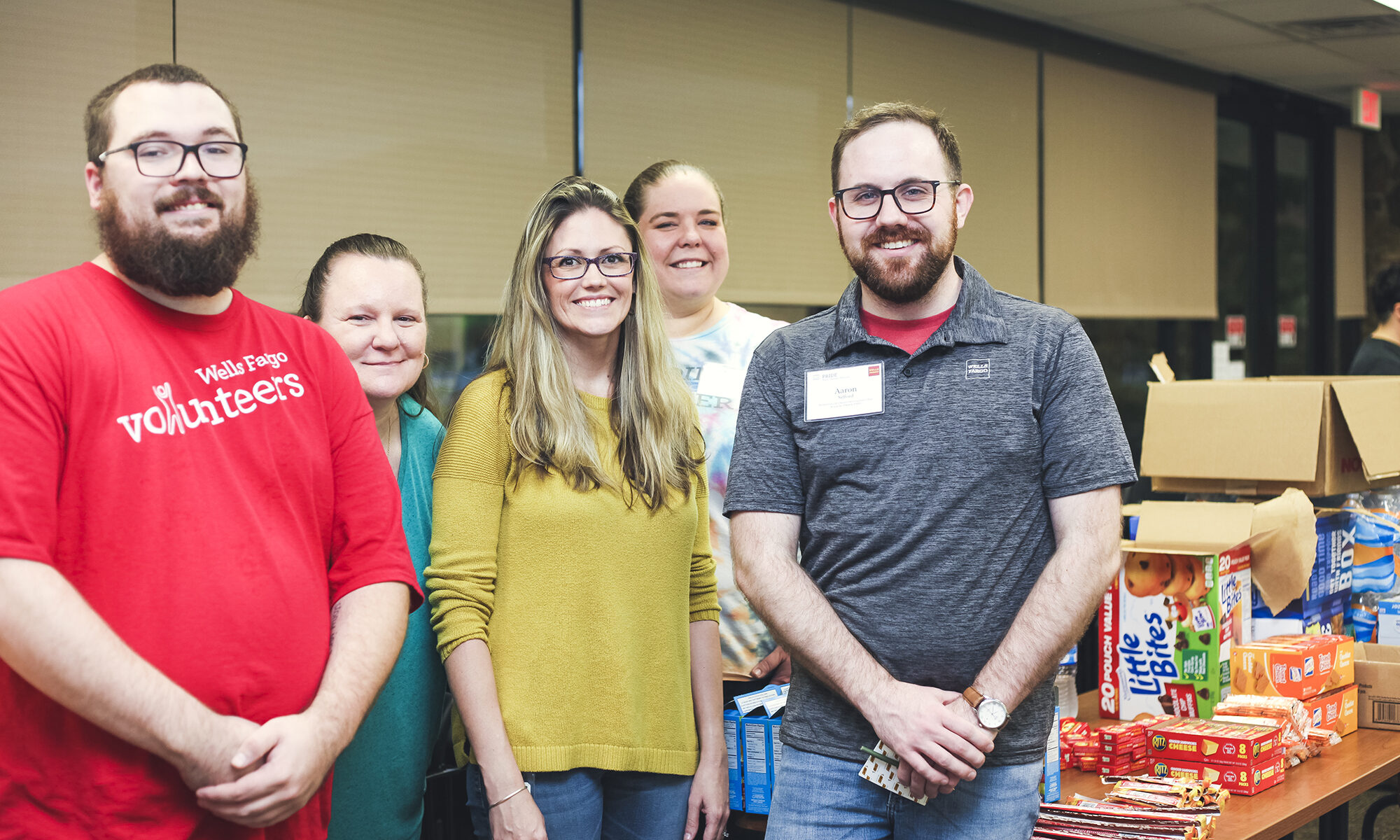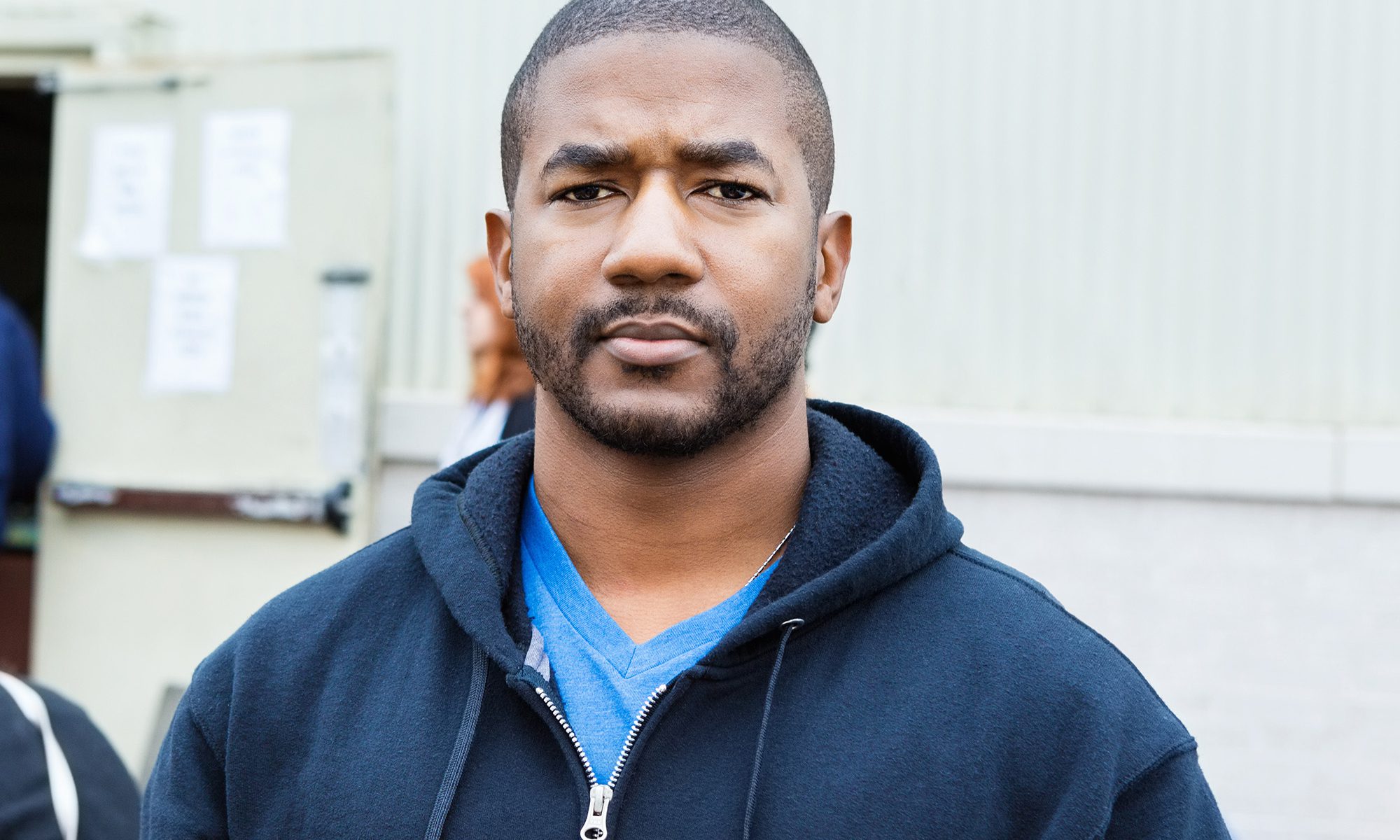Cabell Brand: A Lifetime of Hope and Hard Work
Cabell Brand was a force. He served his country in World War II. He saved his family’s business. He championed civil rights and worked tirelessly to fight for those trapped in poverty. He counted governors and senators among close friends. He is the reason that TAP exists today.
Shifting Worldview
Cabell grew up in a highly conservative, wealthy family in Salem, Virginia. Upon his graduation from Andrew Lewis High School in 1940, he decided to become the next in his family’s long line of Virginia Military Institute (VMI) graduates. It was during his time at VMI that he began to pay close attention to society’s injustices.
Liza Urso, Cabell’s stepdaughter, recalls a story he often told of being a young man and bringing a Black friend home to spend the night while he was passing through town. “Cabell was so surprised, aghast, and confused at his father’s violent, racist reaction, when Cabell had never thought of his friend as being any different…that really opened Cabell’s eyes, mind, and heart to the disparate opportunities of certain segments of the population,” she explains.
During his first year at VMI, Cabell was called to Germany to serve in World War II. Following the war and his eventual graduation from VMI, Cabell returned to Europe to help implement the Marshall Plan. That experience spurred his life-long penchant for public service. “When he was in the war he was seeing the devastation. He was seeing the poverty and the homelessness that the war triggered. It just sort of opened his eyes to how lucky he was and how sheltered he’d been,” says Caroline Brand, Cabell’s daughter.
No Challenge Too Big
While in Europe, Cabell learned of another struggle taking place back home. His family’s shoe business, founded by his grandfather in 1904, was on the verge of collapse. Never one to back down from a fight, Cabell returned home and got to work. The soon-to-be Stuart McGuire Company became a booming business, with Cabell as its president.
Cabell’s work as a businessman allowed him to control his schedule, giving him the freedom to pursue his calling to fight poverty and injustice. “He believed that society was only as strong as its weakest member. We couldn’t really consider ourselves successful until we were all given the same opportunity and the same access to that opportunity. You have to level the playing field and then it’s fair,” explains Caroline.
Liza adds, “There are two main guidelines that he lived by. First, everybody is equal. The color of one’s skin or the size of one’s bank account or home has nothing to do with what kind of person someone is. Everyone deserves to be treated equally and with great respect. Second, those who have more opportunities have an obligation to help those who don’t have those opportunities.”
When President Lyndon Johnson announced his War on Poverty and accompanying Economic Opportunity Act of 1964, Cabell seized the chance to bring real, lasting change to the Roanoke Valley. The EOA provided federal funding for the creation of Community Action Agencies, designed to fight poverty at the local level. “When the Economic Opportunity Act was passed, I believe it spoke to these feelings and thoughts which had been concerning Cabell for 20 or more years, and he saw an opportunity to make a difference,” explains Liza. Cabell and his wife, Shirley, who was pregnant at the time, agreed that he would take six months off from Stuart McGuire to pursue this funding for their community.
It wasn’t an easy task. In fact, Cabell faced pushback nearly every step of the way. “You know, it’s hard to stand up in the Roanoke Valley in the 60s and say ‘I’m going to start this Community Action Agency to help underprivileged people,’ meanwhile people are burning crosses on his lawn,” explains Caroline.

But, yet again, Cabell persisted in the face of adversity. “His philosophy was don’t worry about what people think about you or what people say about you if you’re doing the right thing… If you’re doing the right thing then hold your head up high and go forward with it. Don’t let your naysayers hold you back,” says Liza.
Cabell studied the EOA’s provisions, and in 1965 he was able to use his considerable business and political connections to apply for federal funding and form a nonprofit Community Action Agency. Thus, TAP was chartered as the official anti-poverty agency in the Roanoke Valley, and the rest is history.
A Lasting Legacy
TAP’s first order of business was opening a Head Start program, which created the first integrated classrooms in the Roanoke Valley. With the help of Cabell’s leadership, TAP quickly grew to offer additional services in housing, job training, and more—an impact that is still felt today. “It’s cool to see that all that work he did is still paying off. He started something that has legs and longevity, and it’s really, truly making an impact,” notes Caroline.
Of course, Cabell didn’t stop with the Roanoke Valley. He helped turn several TAP programs into statewide organizations. He was instrumental in VMI’s decision to allow Black students into his alma mater. He even traveled to more than 100 countries and did consulting work with the United Nations. As Caroline puts it, “No challenge was ever too big for him… He always figured out a way or found the people to figure out how to make the problem solvable.”
Honoring Cabell Brand

TAP is proud to honor Cabell’s legacy by presenting the Cabell Brand Hope Award. Each year, the award is given to a member of the community who shares in Cabell’s relentless pursuit of social change and work for the common good.
“People who receive this award need to feel that there’s always something else to do to help somebody else. There’s always another step and another thing on the list. They need to have that kind of vision and be forward thinking,” says Caroline.
We are currently accepting nominations from the community for this award. For more information or to submit a nomination click below.



